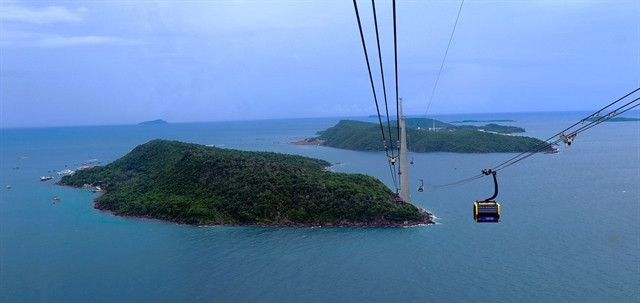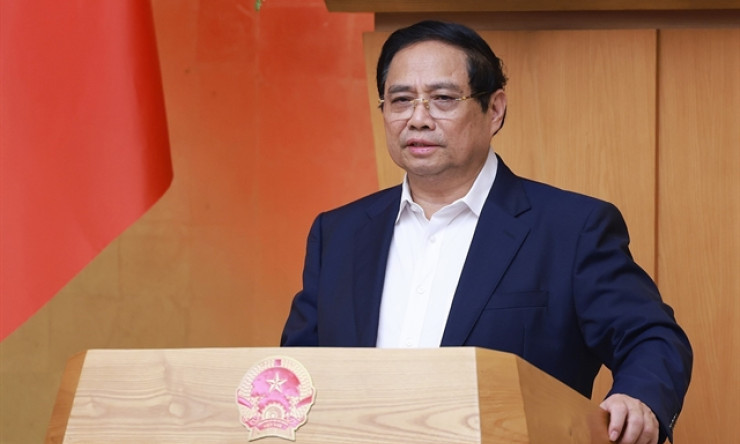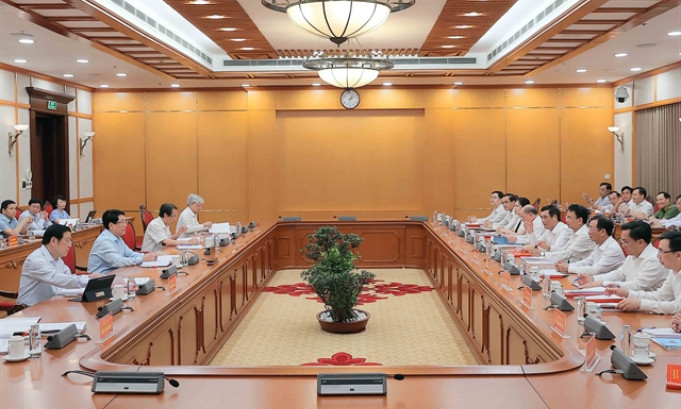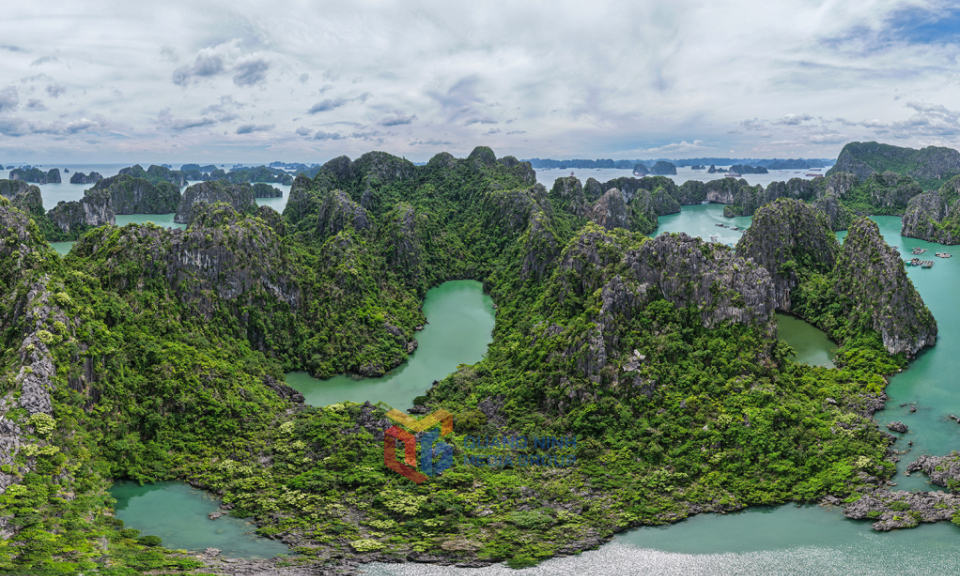Holiday makers seek for green, cultural tours in this summer
Most travel agencies have reported a significant increase in bookings for summer tours to traditional destinations such as Hạ Long, Đà Nẵng – Hội An, Nha Trang, Phú Quốc, and Quy Nhơn.
This summer marks significant changes in the travel habits of Vietnamese holiday makers as they tend to seek experiences enjoying nature, culture and relaxation rather than crush to check-in as many destinations as possible like previously.
Since early May, tourism activities in many domestic destinations have become vibrant. Data from Booking.com reveals that during the peak summer vacation in June and July, beach trips continue to be a top priority for Vietnamese travellers. Specifically, 61 per cent of families are opting for coastal destinations, while 59 per cent prefer exploring nature and visiting major cities. The most searched domestic destinations include Hạ Long (Quảng Ninh), Cát Bà (Hải Phòng), Sầm Sơn (Thanh Hoá), Đà Nẵng, Nha Trang (Khánh Hoà), Phú Quốc (Kiên Giang), and Vũng Tàu (Bà Rịa - Vũng Tàu).
Most travel agencies have reported a significant increase in bookings for tours to traditional destinations such as Hạ Long, Đà Nẵng – Hội An, Nha Trang, Phú Quốc, and Quy Nhơn. Major travel companies like Vietravel, VietSense Travel, BestPrice Travel, and Saigontourist have launched appealing promotional tours to attract domestic travellers, anticipating a 15-20% increase in the number of summer tourists compared to the same period in 2024.
Among the coastal destinations, Đà Nẵng has gained considerable attention by hosting the international fireworks festival from late May to mid-July. In addition to fireworks festival, the city planned to organise 20 activities and events, including those promoting tourism connections between the central city and ASEAN, Japan, or the Republic of Korea.
Meanwhile, Nha Trang in the south central province of Khanh Hoa will host over 30 artistic and sporting events, food fairs, and island tours to attract visitors.
Quy Nhơn in the central province of Bình Định is emerging as a promising destination with its growing focus on coastal, ecological, and cultural tourism. Culinary experiences, sightseeing tours, and the "Return to the Land of martial arts" train tours are increasingly captivating tourists.
Phú Quốc island in the southern province of Kiên Giang continues to solidify its status as a premium travel destination thanks to upgraded infrastructure and luxurious resorts appealing to families, young groups, and international visitors.
Đào Thị Kim Lan from Royal Travel said that Phú Quốc's tourism is evolving along three trends -high-end relaxation, eco-tourism, and personalised experiences. More travellers are seeking not only natural beauty and seafood but also personal wellness and energy rejuvenation.
In addition to coastal areas, the Mekong Delta and northern mountainous regions offer many options. Cities like Cần Thơ, An Giang, Đồng Tháp, and Cà Mau are known for their unique aquatic ecosystems, productive lands, and mild climates, making them ideal for eco-tourism and cultural exploration.
The northern mountainous region attracts visitors with breath-taking routes, improved transportation infrastructure and diverse trekking tours that showcase ethnic minority cultures.
Technological assistance in holiday planning
The shift in travel habits has also transformed how holiday plans are made.
Previously, Vietnamese travellers relied heavily on packaged tours. However, now, they eye more towards self-guided, online bookings, and personalized itineraries. This shift puts pressure on travel companies to innovate their approaches, develop products, and communicate effectively.
Trần Dương Duy from Trần Gia Travel noted that in the competitive tourism landscape, many agencies are utilising new media channels like TikTok and YouTube, as well as influencers, to promote their offerings. In addition to creating flexible service packages from all-inclusive to individual options, travel companies are actively providing knowledge and advice on attractive destinations while helping tourists avoid overcrowding that could detract from their experiences.
The advancement of technology, particularly online service booking apps, has made it easier for travellers to independently choose transportation, accommodation, and activities. A smartphone can replace a traditional travel agent, allowing customers to easily find information, compare prices, and book services with just a few clicks. This not only enhances flexibility but also helps travelers save time and costs.
The demand for green values, local culture, and sustainable tourism requires the industry to focus on customised products, and environmentally friendly services. This presents an opportunity for regions and businesses to adapt and develop more civilised, sustainable, and community-responsible tourism services.






